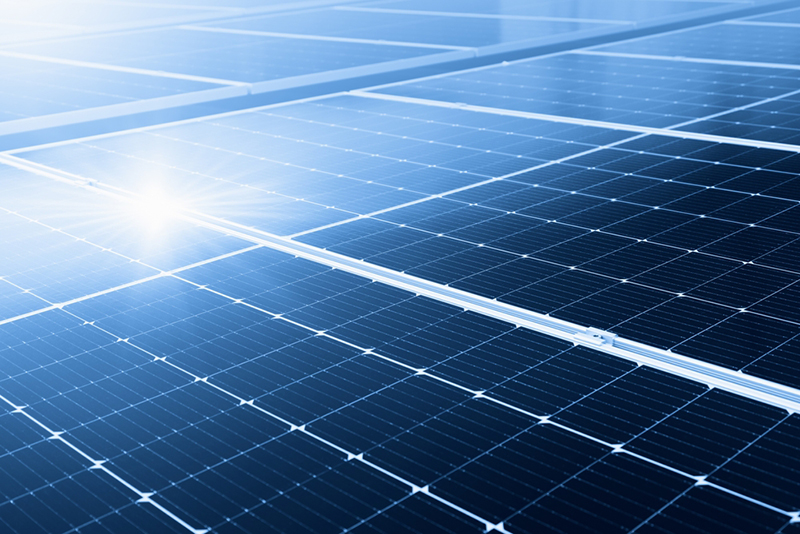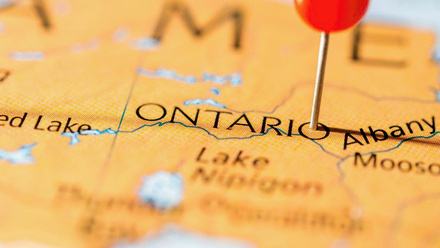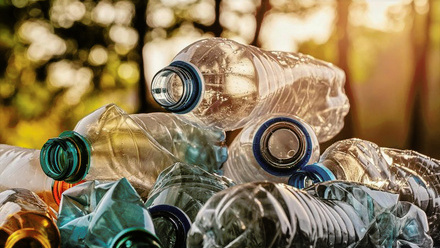Report urges solar industry to address modern slavery
The research sets out a method for estimating the forced labour risk in producing on-grid, photovoltaic solar energy.

The report from the University of Nottingham, UK's, Rights Lab, The Energy of Freedom?: Solar energy, modern slavery and the just transition, points to materials such as polysilicon used in solar panels and cobalt used in lithium-ion batteries.
It warns that the solar market may split into ‘slavery-free’ and ‘slave-made’ value-chains, raising costs, lengthening roll-out times and slowing decarbonisation – without necessarily addressing the underlying drivers of modern slavery.
Around 40% of the global supply of polysilicon comes from the Xinjiang Uyghur Autonomous Region, where it is reported to be made with state-sponsored forced labour.
And between 15 and 30% of the cobalt in lithium-ion batteries used widely to store solar energy, comes from informal mines in the Democratic Republic of Congo.
Governments worldwide are beginning to take action to exclude goods made with forced labour from their markets.
From June 2022, the US will ban import of any goods that incorporate components made with Xinjiang forced labour. Some analysts believe millions of USD worth of solar energy projects may be at risk.
The European Union is considering a similar ban, and it is widely reported that the UK Energy Minister Ed Miliband plans to introduce an amendment to legislation around the state-owned GB Energy to ensure slavery and human trafficking is not taking place in its supply chain.
Solar energy investors have also called for more clarity on the solar energy supply chain's due diligence and remediation, and for transparent timelines for disengagement from suppliers tainted by slavery. Some development finance institutions and multilateral development banks have been working to develop common approaches to these risks.
The Nottingham University report takes its title from a comment made by the German finance minister, Christian Lindner, who described renewables as 'the energy of freedom' and said they could aid energy security in response to the war in Ukraine. As governments move to free themselves from Russian fossil fuels, demand for solar power is set to grow massively.
Professor James Cockayne, lead author of the study, comments, 'The solar energy sector urgently needs a roadmap to address modern slavery risks if it is to be seen as the energy of freedom’.
The research has been funded by the British Academy’s Just Transitions within Sectors and Industries Globally programme.







